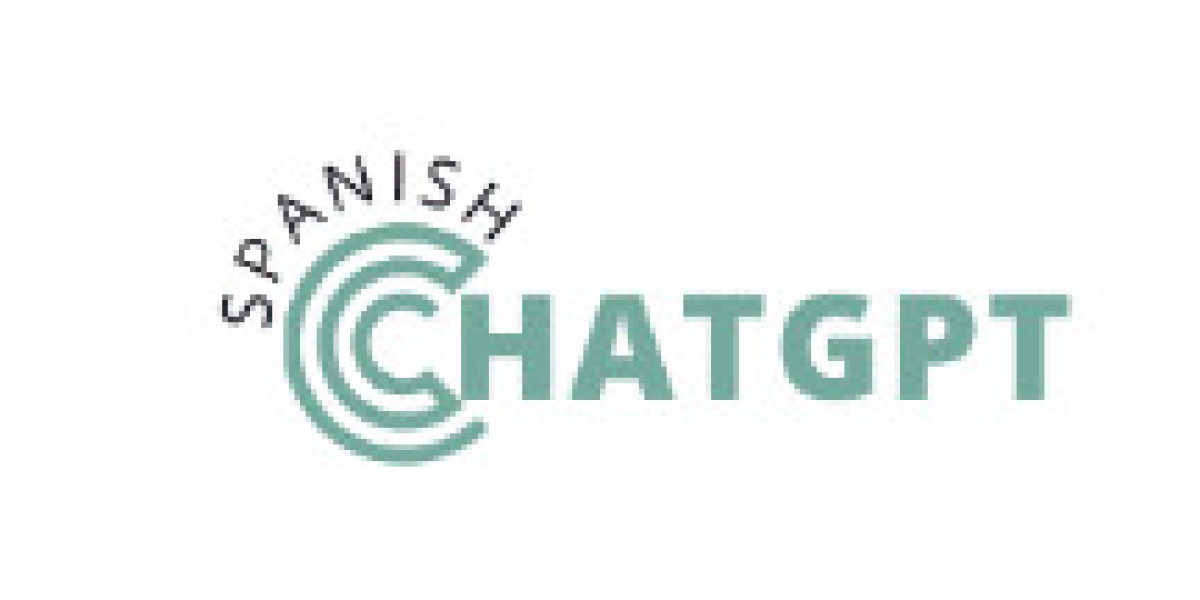Chat GPT Español, developed by OpenAI, is at the cutting edge of artificial intelligence, transforming the way we interact with technology. Utilizing the sophisticated GPT-4 architecture, this language model offers impressive capabilities to understand and generate human-like text, making it valuable across many fields.
Understanding ChatGPT
At its core, ChatGPT is built on the GPT-4 architecture, the fourth generation of OpenAI’s Generative Pre-trained Transformer models. These models are designed to predict the next word in a sentence, trained on extensive datasets that cover a wide range of topics and languages. This broad training enables ChatGPT to produce coherent and contextually relevant responses, making it a powerful tool for natural language processing (NLP) tasks.
Applications of ChatGPT
The versatility of ChatGPT allows it to be applied in numerous areas:
Customer Support: Businesses can use ChatGPT as a virtual assistant to handle customer inquiries, providing quick and accurate responses. This enhances customer satisfaction while reducing the workload on human support teams.
Content Creation: Writers and marketers can leverage ChatGPT to generate articles, social media posts, and marketing copy. The AI’s ability to produce creative and engaging content helps streamline the content creation process.
Education: ChatGPT serves as a valuable educational tool, offering explanations, tutoring, and homework assistance. Its adaptability to different learning styles makes it a versatile resource for students and educators alike.
Healthcare: In the healthcare sector, ChatGPT can assist in providing medical information, scheduling appointments, and offering preliminary diagnostic support. While it does not replace professional medical advice, it helps streamline routine tasks.
Programming Assistance: Developers can use ChatGPT to generate code snippets, debug issues, and explain complex programming concepts. This accelerates the development process and aids in learning new technologies.
Advantages of ChatGPT
Efficiency: ChatGPT can handle multiple queries simultaneously, providing instant responses and significantly reducing waiting times compared to human counterparts.
Consistency: Unlike humans, ChatGPT provides consistent responses devoid of emotional bias, ensuring uniformity in interactions.
Scalability: ChatGPT can be easily scaled to handle an increasing number of users without a proportional increase in costs, making it a cost-effective solution for businesses.
24/7 Availability: ChatGPT operates around the clock, offering support and information at any time of day, which is especially beneficial for global businesses and services.
Challenges and Ethical Considerations
Despite its advantages, ChatGPT faces several challenges:
Bias and Fairness: The model’s responses can inadvertently reflect biases present in the training data. Ensuring fairness and neutrality in its outputs is an ongoing challenge.
Misinformation: ChatGPT can generate plausible-sounding but incorrect or misleading information. Users must critically evaluate its responses, especially in critical areas like healthcare and legal advice.
Privacy: As with any AI system, there are concerns about data privacy and security. It is essential to handle sensitive information with caution and ensure compliance with data protection regulations.
Dependency: Over-reliance on ChatGPT for decision-making or information can undermine human critical thinking and expertise. It is vital to use AI as a supplementary tool rather than a replacement for human judgment.
The Future of ChatGPT
Looking ahead, the development of ChatGPT and similar AI models promises exciting advancements. Enhancements in natural language understanding, reduction in biases, and improved contextual awareness are areas of ongoing research. Moreover, integrating multimodal capabilities—where the AI can understand and generate text, images, and even audio—could further broaden its applications.
As AI continues to evolve, ChatGPT represents a significant milestone in human-computer interaction. It exemplifies how technology can augment human capabilities, offering innovative solutions across various sectors. While challenges remain, the potential benefits of ChatGPT are immense, paving the way for a future where intelligent systems seamlessly integrate into our daily lives.








